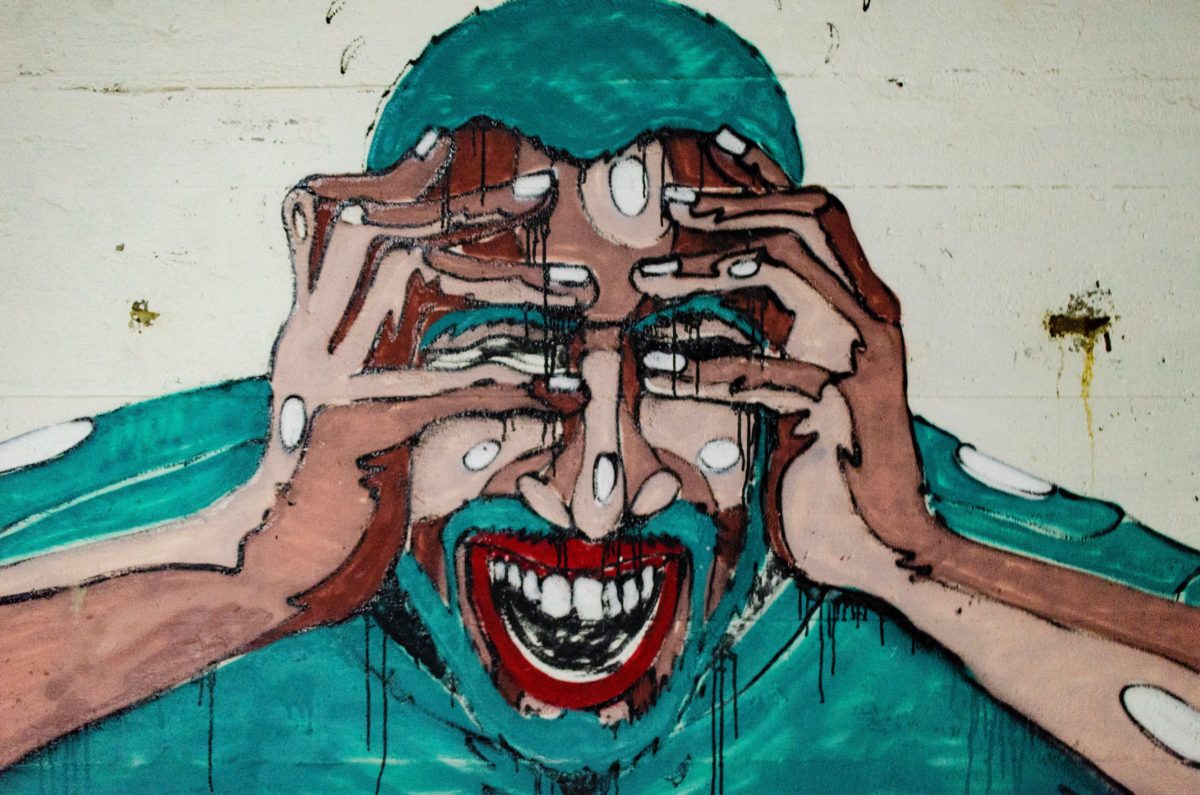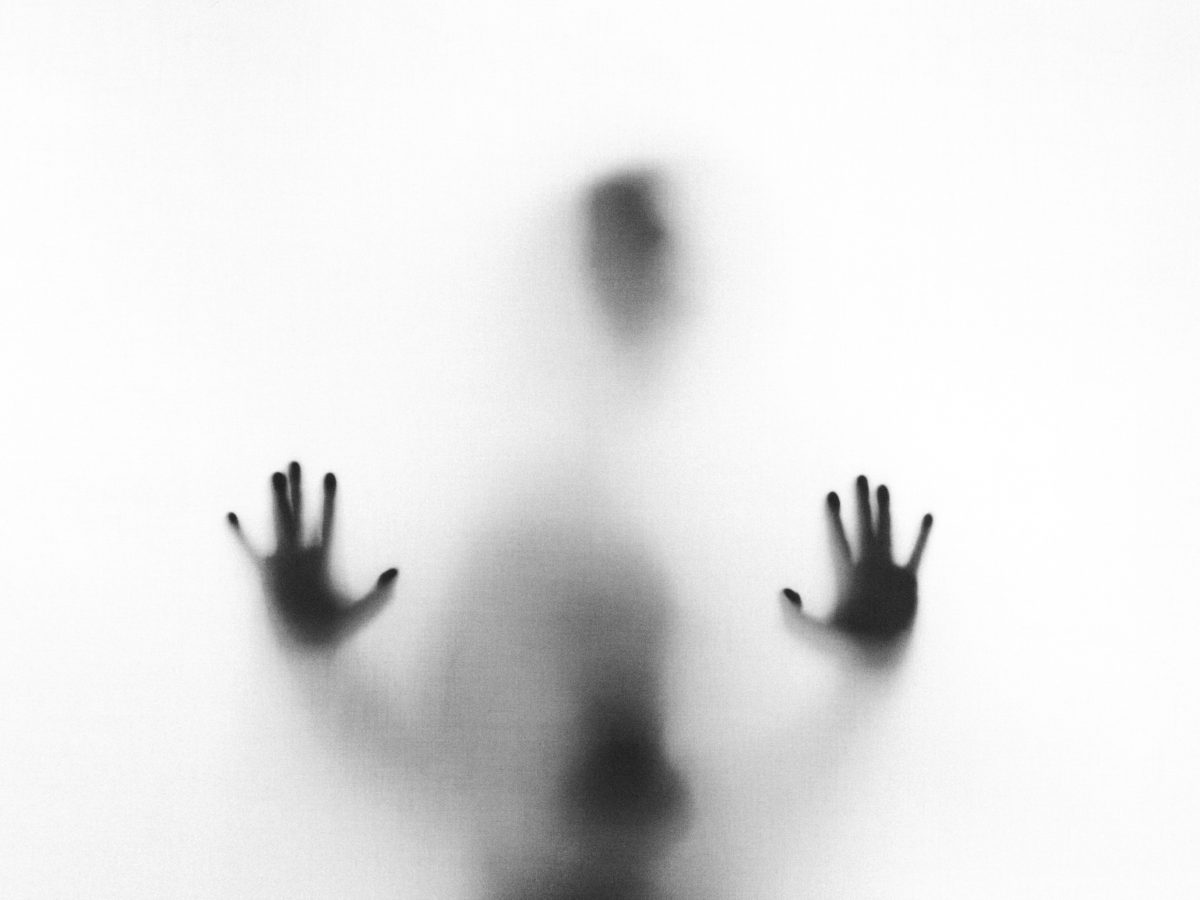Around this time of year, many people have abandoned their New Year’s resolution. But the good news is whether it’s January 1st or August 31st, you can make the decision to change. Each morning you have a choice. A choice to give into negative energy or choose to live with positivity.
Better Conflict Resolution
One of the many benefits of therapy and holistic healing is that it can teach you news ways to respond to conflict. You can learn new ways to look at situations that have caused you far too much stress, and new ways to nurture peace and contentment within yourself.
Identifies Malfunction(s)
Adult holistic psychiatric care is needed at times to address the parts of yourself that malfunction. It can help reduce anxiety so you can think clearly and make good decisions. Therapy helps build your confidence and improve your daily function by helping you remove obstacles that prevent your ability to enjoy your life.
Positive Change
Therapy helps create positive change in all areas of your life to strengthen your happiness and wellbeing. These changes can happen through your diet, exercise, and perhaps even your communicational skills. They may need to include your activities, to ensure you make time for yourself, or to improve intimacy and trust in your marriage.
Above all, adult holistic psychiatric care can help you turn your mental, emotional, relational, and functional self around. If you suffer from a psychiatric disorder, Dr. Madaram can help with medications that help you live your best life. Holistic treatment takes into account your entire world!
Life can be better, and you can feel better. Just reach out.












